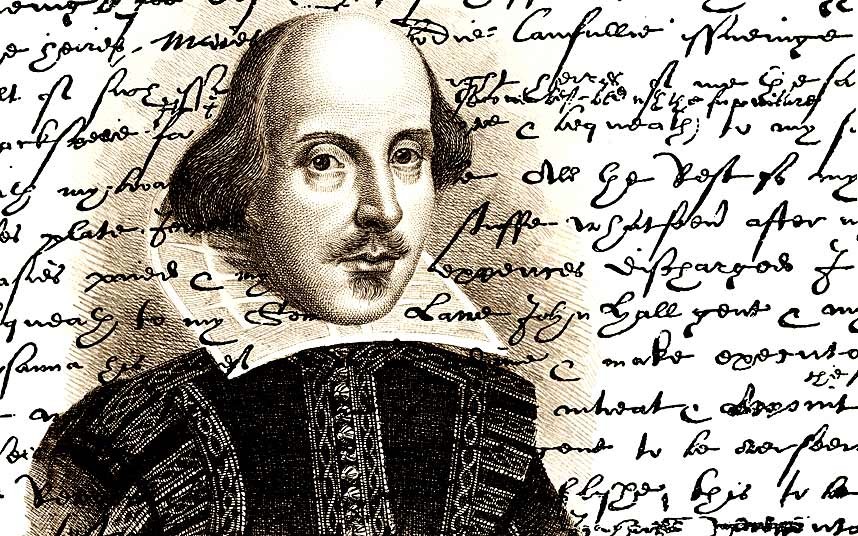I love reading book reviews but I always take them with a grain of salt. Thing is, no matter how much of an expert the reviewer is, a review is an opinion, not a fact.
Here are 10 times reviewers got it totally wrong:
1. Wuthering Heights by Emily Brontë
“Here all the faults of Jane Eyre (by Charlotte Brontë) are magnified a thousand-fold, and the only consolation which we have in reflecting upon it is that it will never be generally read.” Okay, so he wasn’t a fan of the Brontës. History has proved James Lorimer’s smug prediction, in The North British Review, to be so far off the mark, that it’s almost funny.
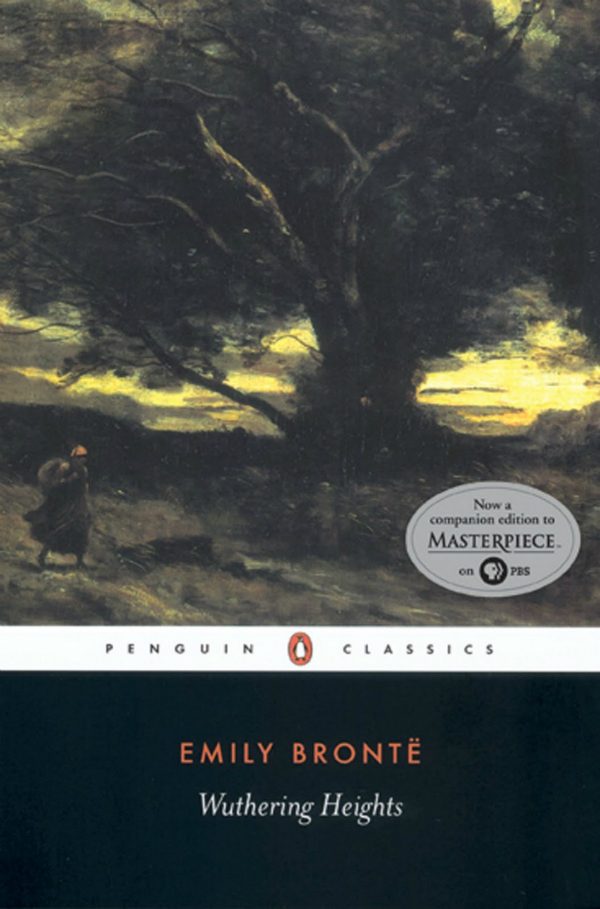
Source: Amazon
2. Moby Dick by Herman Melville
“The style of his tale is in places disfigured by mad (rather than bad) English; and its catastrophe is hastily, weakly, and obscurely managed.” The review in The London Athenaeum was one of several negative critiques in the British press to cross the Atlantic and influence American reviewers. Only a relatively small number of copies sold during Melville’s lifetime. He never knew what a groundbreaking success his epic would become.
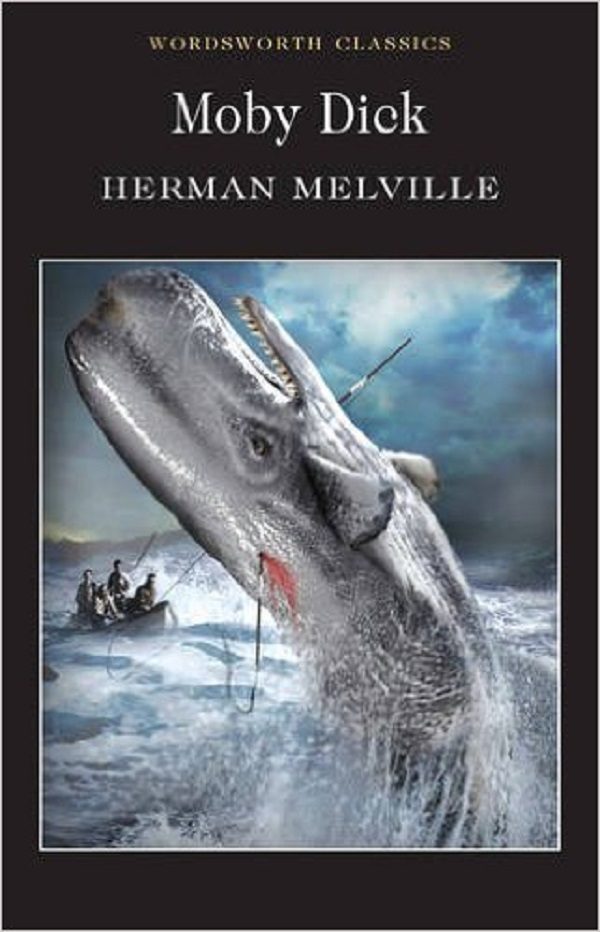
Source: Amazon
3. Leaves of Grass by Walt Whitman
“It is of no discredit to Walt Whitman that he wrote Leaves of Grass, only that he did not burn it afterwards.” Ouch! A stinging rebuke from The Atlantic’s reviewer in 1867. Still, it didn’t stop Whitman from expanding his classic collection of poems, which he did right up until his death in 1892.
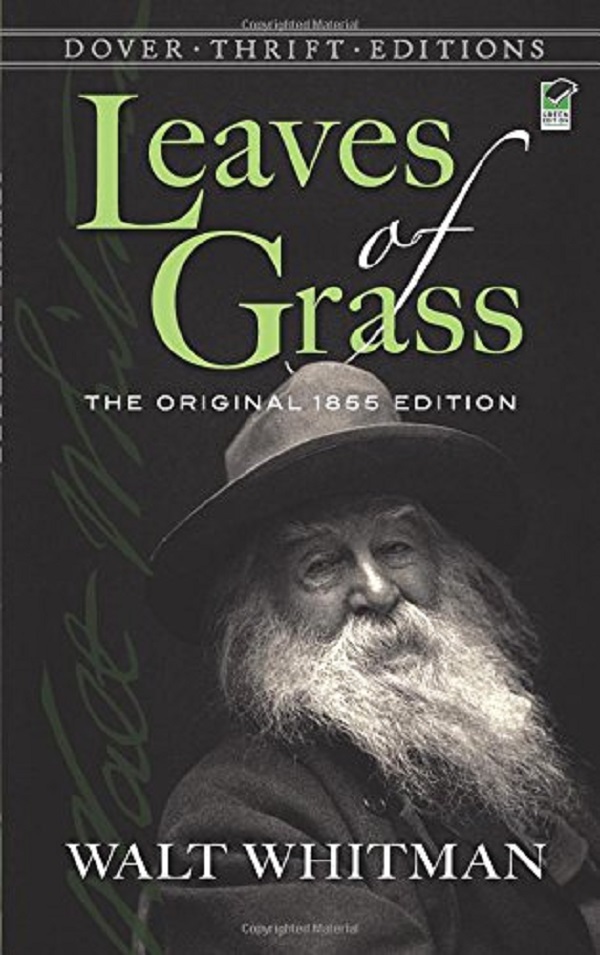
Source: Amazon
4. The Adventures of Huckleberry Finn by Mark Twain
The Adventures of Huckleberry Finn was, according the Springfield Republican, “No better in tone than the dime novels which flood the blood-and-thunder reading population.” Not so much a review as a denunciation. Most early reviewers objected to the so-called ‘coarse language.’
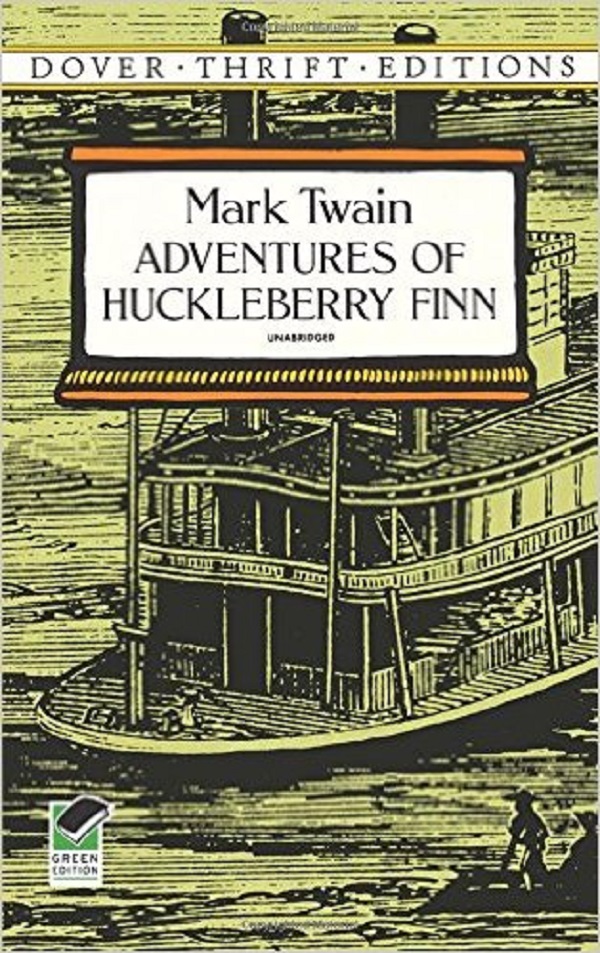
Source: Amazon
5. The Awakening by Kate Chopin
When The Awakening was published, The Chicago Times Herald wrote of Kate Chopin, “It was not necessary for a writer of so great refinement and poetic grace to enter the over-worked field of sex-fiction.” A sentiment of the times; it seems that many reviewers couldn’t see past their revulsion at Chopin’s choice of subject.
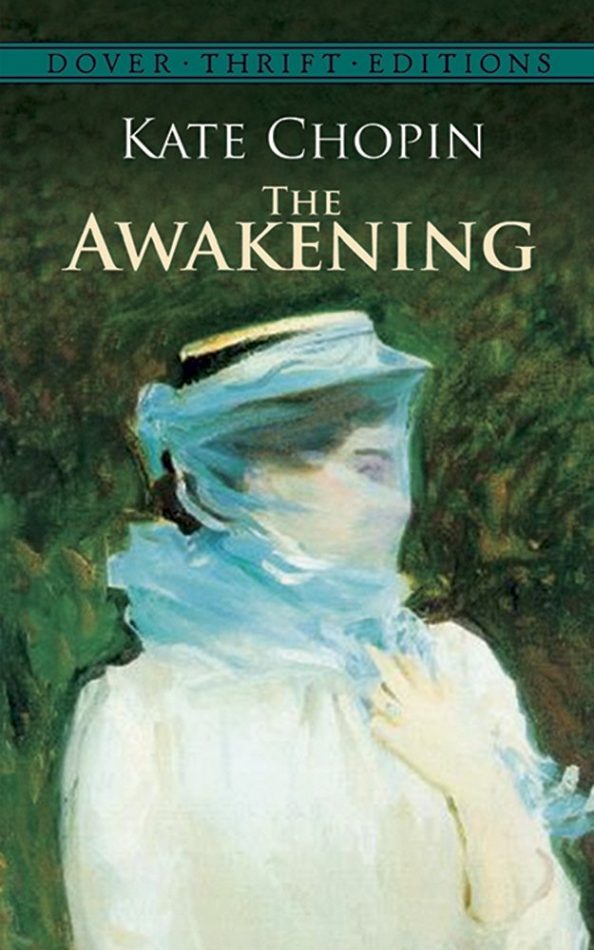
Source: Amazon
6. The Great Gatsby by F. Scott Fitzgerald
In 1925, H.L. Mencken wrote, in The Chicago Tribune, “Scott Fitzgerald’s new novel, ‘The Great Gatsby‘ is in form no more than a glorified anecdote, and not too probable at that.” Mencken was a fan of Fitzgerald’s earlier works and he didn’t think this was up to scratch.
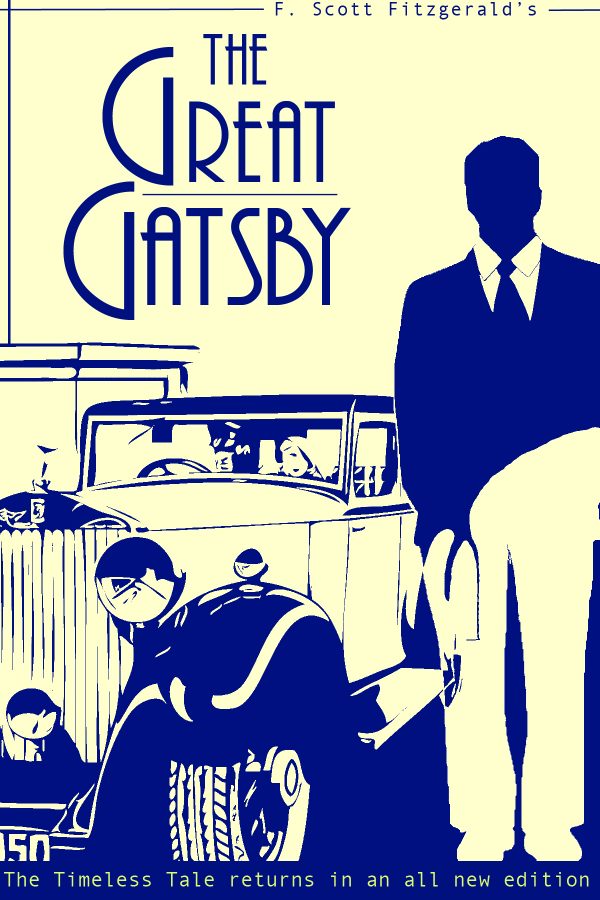
Source: Amazon
7. Wise Blood by Flannery O’Connor
According to The Saturday Review of Literature, Flannery O’Connor, achieved, “neither satire nor humor” in her first novel. It did, however, achieve a very creditable 62nd place on The Guardian’s list of 100 greatest novels of all time.
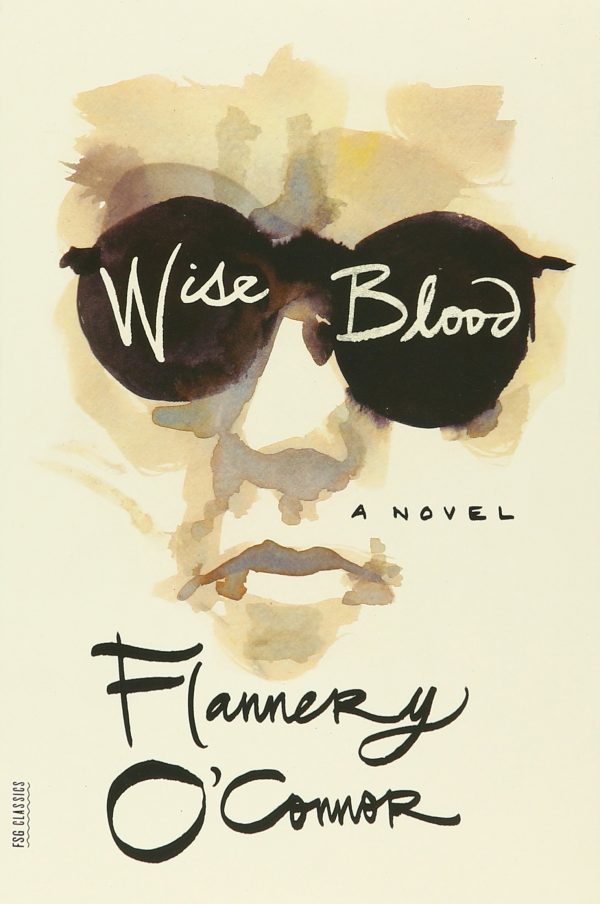
Source: Amazon
8. Lolita by Vladimir Nabokov
Repulsive is a word often mentioned in conjunction with Lolita’s subject matter. The New York Times‘ reviewer said so too, but it’s not clear if he meant the writing, which came in for a huge serve, “Dull, dull, dull in a pretentious, florid and archly fatuous fashion…repulsive.” 25 years later, another NY Times reviewer wrote, ”Nabokov’s masterpiece is, if anything, more disturbing than it used to be.” Repulsive yes, dull no.
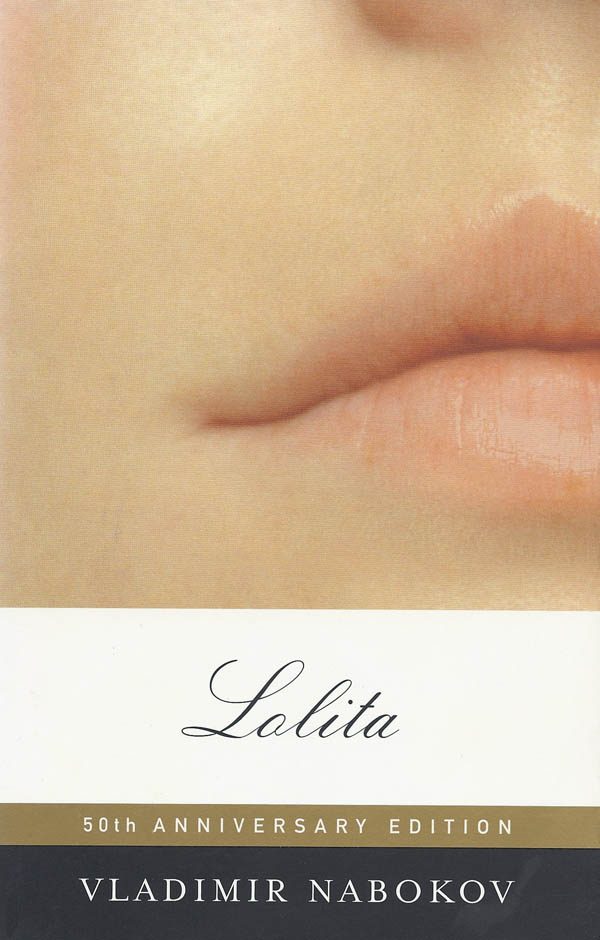
Source: Amazon
9. Catch 22 by Joseph Heller
“Catch-22, by Joseph Heller, is not an entirely successful novel. It is not even a good novel. It is not even a good novel by conventional standards.” This is the opening to a review in the New York Times in 1961. Eight years later the NY Times hailed it as “a modern classic.” It regularly features on lists of the twentieth century’s most influential novels.
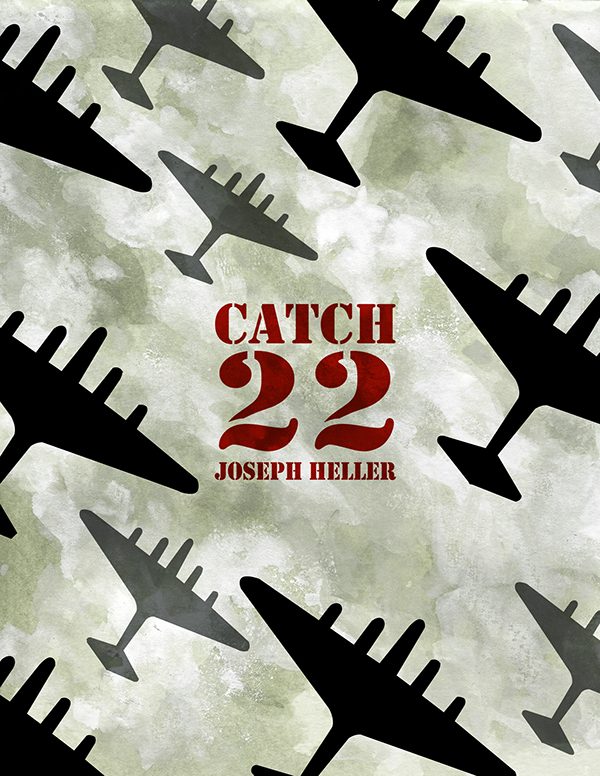
Source: Amazon
10. Where The Wild Things Are by Maurice Sendak
Publisher’s Weekly called Maurice Sendak’s Where The Wild Things Are, “(a) pointless and confusing story.” One year later it won the Caldecott Medal, awarded by librarians to the “most distinguished American picture book for children.” And that was just the first of many accolades. In 2012 a first edition sold for $25,000.
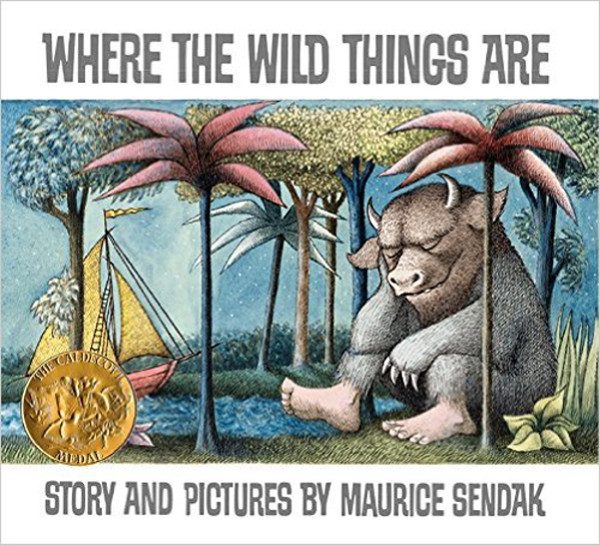
Source: Amazon
Reviewers bring their own baggage along when they write their reviews. And, they are looking through the lens of their own time and place. While a harsh review might not stand the test of time, as the 10 examples above prove, great literature always will.
YouTube Channel: Oswaldo Armendariz
Featured image via King Of Wallpapers
h/t BuzzFeed
